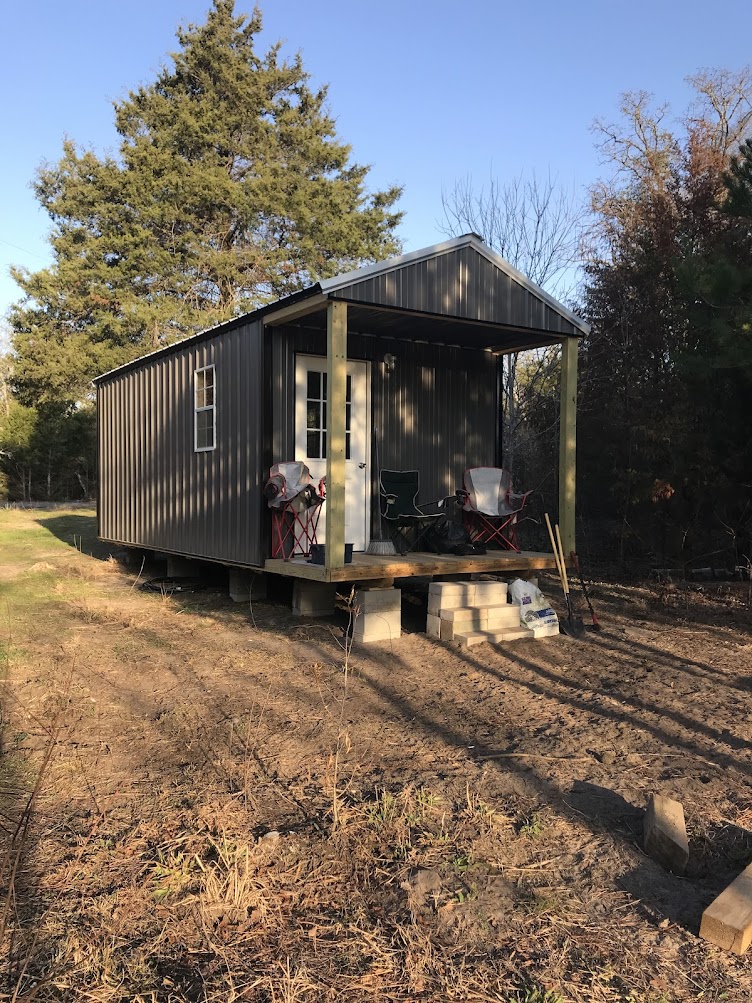Designing your homestead is an exciting and challenging task that requires careful planning and consideration. From selecting a site and designing the layout to choosing the right materials and incorporating sustainable features, there are many factors to consider. In this article, we will explore some key principles of homestead design.
Selecting a Site
Selecting a site for your homestead is the first step in the design process. Consider factors such as climate, topography, soil quality, and access to resources such as water and sunlight. You should also consider zoning laws and regulations that may impact your ability to build and farm on the property.
Designing the Layout
Designing the layout of your homestead involves deciding where to place buildings, gardens, and other features. Consider factors such as wind and sun exposure, water runoff, and ease of access. You should also consider the needs of your family and livestock, and plan accordingly.
Choosing the Right Materials
Choosing the right materials for your homestead is an important consideration. Look for materials that are sustainable, durable, and locally sourced whenever possible. Consider using recycled or salvaged materials to reduce waste and minimize your impact on the environment.
Incorporating Sustainable Features
Incorporating sustainable features into your homestead design can help reduce your impact on the environment and promote self-sufficiency. Consider features such as solar panels, rainwater harvesting systems, composting toilets, and graywater systems. These features can help reduce your reliance on traditional energy and water sources, and promote a more sustainable lifestyle.
Creating a Timeline and Budget
Creating a timeline and budget for your homestead design project is an important step in the planning process. Consider factors such as construction costs, material costs, and labor costs. Be realistic about the timeline and budget, and be prepared to make adjustments as necessary.
Conclusion
Designing your homestead can be a challenging and rewarding process. By selecting the right site, designing the layout, choosing sustainable materials, and incorporating sustainable features, you can create a homestead that is both functional and environmentally friendly. Remember to create a realistic timeline and budget, and to be flexible and adaptable as your plans evolve. With careful planning and consideration, you can create a homestead that meets the needs of your family, your livestock, and the environment

No comments:
Post a Comment